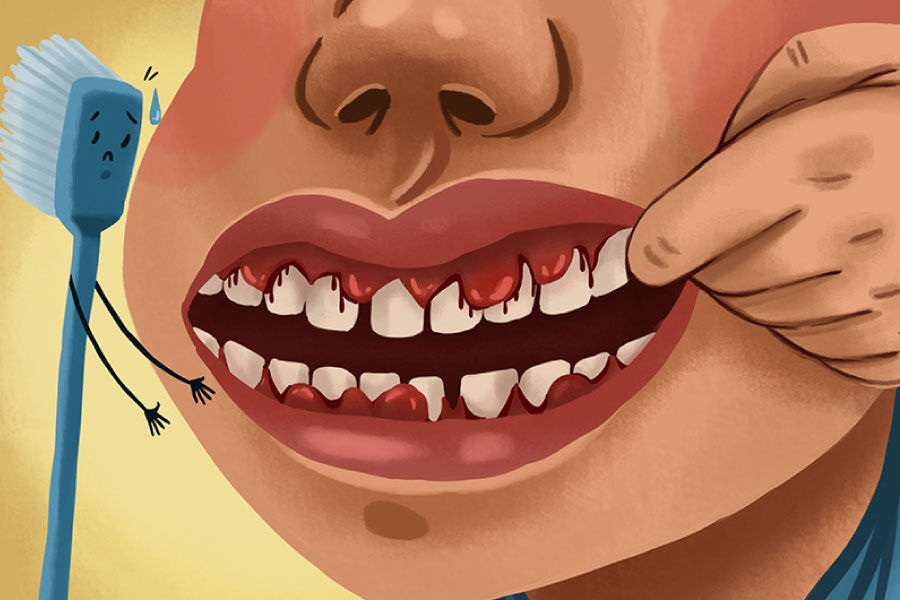Aging Well: 5 Everyday Choices That Make a Big Difference
- Brianna Brown
- Nov 11, 2025
- 3 min read
Aging is something we all experience, but the way we age depends a lot on the choices we make every day. The good news? With a few intentional habits, it’s possible to feel strong, sharp, and vibrant at any stage of life. Healthy aging isn’t about chasing youth—it’s about creating a lifestyle that supports your body and mind so you can enjoy life to the fullest.
1. Prevention is Power
The best way to age well is to stay ahead of health concerns. Regular checkups, screenings, and vaccines can catch problems early, when they’re most treatable. Keeping an eye on blood pressure, cholesterol, and blood sugar levels can make a huge difference for long-term heart health. Think of prevention as an investment—it pays off in quality of life.
2. Keep Moving
Staying active doesn’t have to mean running marathons or spending hours at the gym. Movement can fit into everyday life in enjoyable ways. Walking your dog, gardening, taking a yoga class, or even dancing in your kitchen all count. Regular exercise keeps your muscles strong, improves balance, and reduces the risk of falls—one of the biggest concerns for older adults. Strength training, in particular, helps combat muscle loss that naturally occurs with age. Plus, exercise boosts mood, reduces stress, and can even improve sleep. Think of it as a daily gift to your body and mind.
3. Fuel Your Body Well
Nutrition is a cornerstone of healthy aging. As we get older, our bodies may need fewer calories, but the demand for nutrients stays the same—or even increases. That’s why it’s important to focus on foods that pack a nutritional punch: colorful fruits and vegetables, lean proteins like fish or beans, whole grains, and healthy fats such as olive oil, nuts, and avocado. Calcium and vitamin D are especially important for bone health, while fiber supports digestion and heart health. Hydration is key too—our sense of thirst may decline with age, making it easy to forget to drink enough water. Good nutrition helps keep energy levels steady and supports every system in the body.
4. Keep Your Mind Sharp
Healthy aging isn’t just about physical health—mental wellness matters just as much. Keeping your brain active can slow cognitive decline and keep your memory sharp. Reading, working on puzzles, learning a new language, or taking up a hobby like painting or gardening all challenge your brain in different ways. Just as important is emotional health: stress and loneliness can take a toll on the body and mind. Social engagement, whether through friends, family, or community activities, helps fight feelings of isolation. Mindfulness practices like meditation or journaling can also reduce anxiety and improve overall well-being. A sharp, positive mind makes aging a more fulfilling journey.
5. Build a Support System
We’re not meant to go through life alone, and that becomes especially clear as we get older. Building and maintaining strong social connections is a big part of healthy aging. Relationships provide emotional support, companionship, and a sense of belonging. Studies show that people with strong social ties live longer, healthier lives. Staying connected might mean weekly phone calls with family, joining a book club, volunteering in your community, or attending local events. If mobility or distance is an issue, video calls and online groups can also be meaningful ways to connect. A supportive network helps us stay engaged, reduces stress, and makes life more enjoyable.
Healthy aging isn’t about fighting the clock—it’s about making choices that help you feel your best at every stage of life. By staying proactive with preventive care, moving your body in ways you enjoy, fueling yourself with good nutrition, keeping your mind and emotions strong, and nurturing meaningful connections, you can age with confidence and vitality. The best part? It’s never too late to start. Every small step you take today is an investment in a stronger, healthier tomorrow.
References
Assessed and Endorsed by the MedReport Medical Review Board






